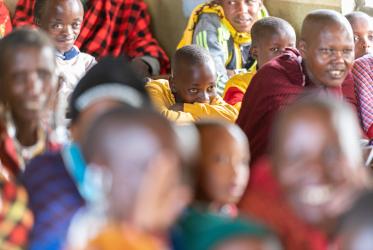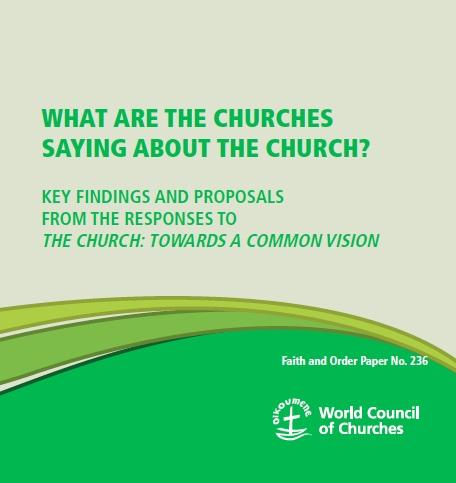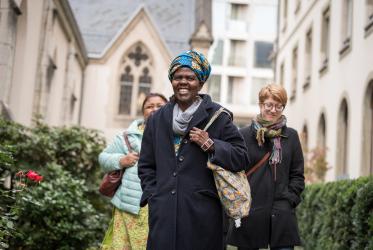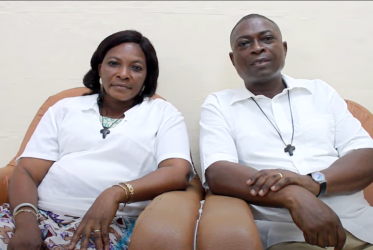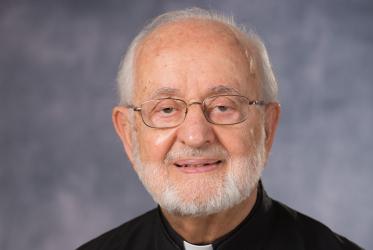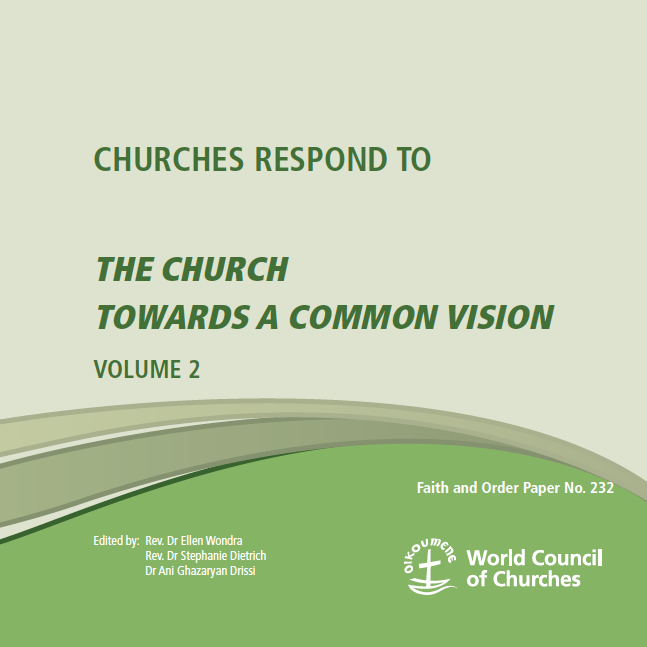Mostrando 81 - 100 de 125
What Are the Churches Saying About the Church?
Key Findings and Proposals from the Responses to The Church: Towards a Common Vision
21 Junio 2021
Churches and Moral Discernment (III)
Volume 3: Facilitating Dialogue to Build Koinonia
15 Junio 2021
El imperativo de volver a los fundamentos ecuménicos
31 Mayo 2021
The imperative to go back to the ecumenical basics
27 Mayo 2021
Daniel Kaiser: “Try to be an authentic Christian”
15 Abril 2021
Churches Respond To The Church: Towards A Common Vision Volume I
Faith and Order Paper No. 231
23 Febrero 2021
Churches Respond To the Church: Towards a Common Vision Volume II
Faith and Order Paper No. 232
23 Febrero 2021
Love and Witness
Proclaiming the Peace of the Lord Jesus Christ in a Religiously Plural World
18 Enero 2021
